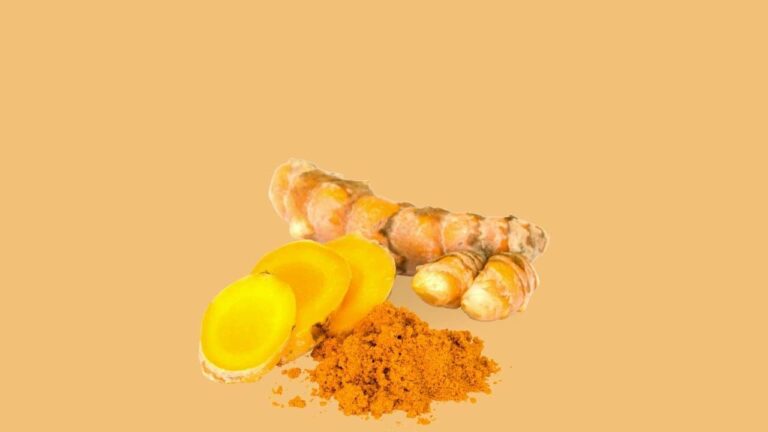TOP 10 BENEFITS OF TURMERIC

Turmeric was possibly at first utilized as a dye and later used as a cosmetic and an enticing food. It has anti-inflammatory, anti-inflammatory and purgative effects. Turmeric is widely used in pain and inflammatory disorders such as osteoporosis. It is also used for the treatment of hay fever, depression, high cholesterol, liver disease and itching. Some use turmeric to burn cardiovascular, thought and memory, bowel disease, stress and many other disorders as discussed below.
Top 1 - Curcumin can prevent and may be helpful in treating cancer.
Top 2 - Turmeric Can Assist in Delaying or Reversing Alzheimer's
Top 3 - Turmeric Can Be Beneficial for Skin Health
Top 4 - Curcumin May Prevent Eye Degeneration
Top 5 - Help in the Treatment of Rheumatoid Arthritis
Curcumin shows potential as a cure for rheumatoid arthritis, a persistent inflammatory condition that mostly affects the joints but may also involve the eyes, lung, skin, heart, and vascular bundles. Rheumatoid arthritis triggers a debilitating inflammation of the joints that may contribute to bones erosion with time and eventually to deformations and physical disabilities. In one study, 500 mg of curcumin, 50 mg diclofenac sodium or the two were offered in combination. After eight weeks, there were substantial changes in joint compassion and swelling in the curcumin-only population as contrasted with the other two. Researchers have noted that curcumin therapy was effective and did not produce adverse incidents.




